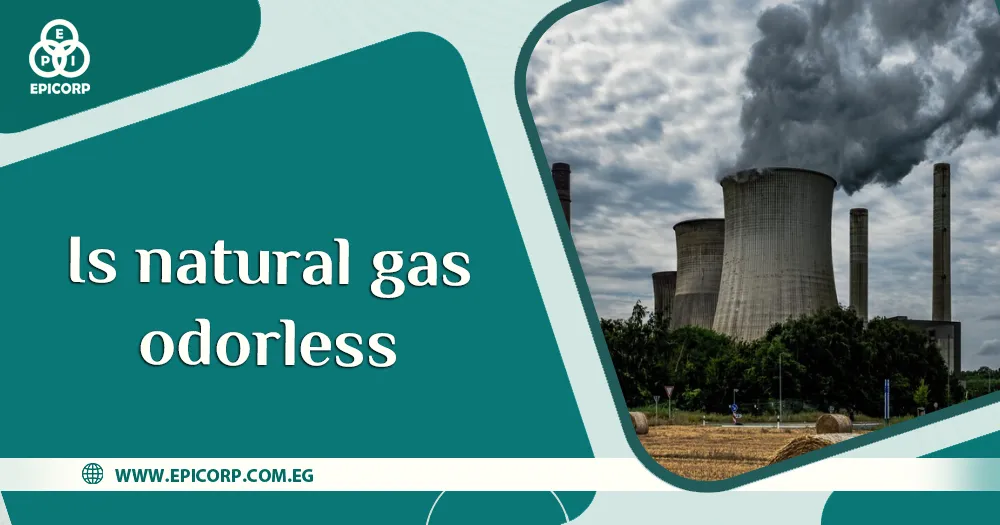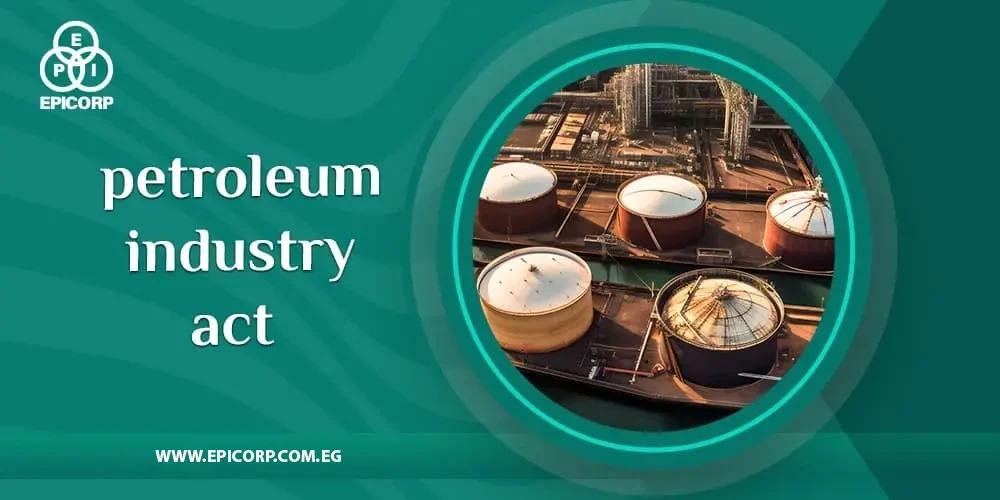is natural gas odorless? Natural gas is one of the alternative energy sources to oil, which is a highly efficient, low-cost fuel with low emissions that pollute the environment. Over thousands of years, the pressure and heat resulting from the sedimentary layers transformed these organic materials into natural gas, and natural gas does not differ much from other types of fossil fuels. Below we will learn in detail about the properties of natural gas, including is natural gas odorless?
Table of Contents
ToggleWhat is natural gas?
In addition is natural gas odorless? Natural gas is defined as one of the fossil energy sources that is extracted from the ground. Natural gas consists of some chemical components, the most important of which are as follows:
- Methane gas: It is a chemical compound consisting of one carbon atom and four hydrogen atoms.
- Natural gas condensate: It is a low-density mixture resulting from several hydrocarbon liquids.
- Non-hydrocarbon gases: They are carbon dioxide and water vapor.
What is the source of natural gas?
Speaking of is natural gas odorless?
Natural gas is usually found near underground oil fields. It can be found when drilling at a greater depth than when drilling for oil. And it can also be found underground in all parts of the world, and among the most important countries that produce natural gas are:
- Qatar.
- Iran.
- Iraq.
- Russia.
- Turkmenistan.
- Kingdom of Saudi Arabia.
- United States of America.
Natural gas types
When it comes to is natural gas odorless? The following are the most important types of natural gas:
1- Methane gas: Methane gas is one of the most important components of natural gas that is extracted for use by individuals. Methane gas is characterized by its high combustibility and its ability to be used in many fields.
2- Ethane gas: Ethane gas is known as the second most important component of natural gas. It is a hydrocarbon compound formed from hydrogen and carbon. Ethane is known for being colorless and odorless and belonging to the paraffin family.
3- Butane gas: Butane gas is one of the few hydrocarbon gases that are included in the components of natural gas, as it constitutes 20% of the total components of natural gas, and butane gas is used in many uses.
4- Propane gas: Propane gas is one of the types of gases that make up natural gas, and its chemical formula is (C3H8), and it is famous for being one of the abundant chemical compounds classified within the list of alkanes.
Economic advantages of natural gas
After we discussed is natural gas odorless? Natural gas is used for many needs, and the most important uses of natural gas are the following:
- Electricity generation: Natural gas is the main source of electricity generation.
- Heating: The heat generated by natural gas gives greater warmth than that produced by electric heaters.
- Cogeneration: Natural gas is used in the processes of generating electrical and thermal energy together using some technological means.
- Transportation: Natural gas has been used as a vehicle fuel since the 1930s.
Is natural gas odorless
Speaking of is natural gas odorless? Natural gas itself is odorless. However, for safety reasons, an odorant called mercaptan is added to natural gas before distribution. This gives natural gas a distinct and unpleasant smell, often described as similar to rotten eggs. The added odor makes it easier to detect gas leaks, enhancing safety by allowing people to identify the presence of natural gas in the air.
Is natural gas heavier than air?
No, natural gas is lighter than air. Methane, the primary component of natural gas, has a lower molecular weight than the air. This characteristic causes natural gas to disperse and rise into the atmosphere if released, rather than settling and accumulating at ground level. It’s important to be aware of this property when considering ventilation and safety measures in the event of a gas leak. In addition to is natural gas odorless?
Read also: Petroleum Industry Definition.
How safe is natural gas?
Natural gas is generally considered safe when handled and used properly. And besides is natural gas odorless?
Yhere are some safety considerations:
1. Flammability:
- Natural gas is flammable and can ignite in the presence of an open flame or spark.
- Proper installation and maintenance of gas appliances are crucial to prevent leaks.
2. Ventilation:
- Adequate ventilation is necessary to prevent the buildup of gas concentrations that could lead to combustion or health issues.
3. Odorization:
- The addition of an odorant (like mercaptan) helps detect leaks, enhancing safety.
4. Leaks:
- Prompt detection and repair of gas leaks are essential to prevent accidents.
5. Carbon Monoxide:
- Carbon monoxide may result from incomplete natural gas combustion. Properly functioning appliances and ventilation help minimize this risk.
Conclusion
In conclusion, natural gas is one of the most important renewable energy sources that many countries are currently turning to, as an alternative to non-renewable energy sources. In addition, natural gas has many characteristics, including is natural gas odorless? Therefore, EPICORP is working to localize the use of natural gas in an integrated manner during the coming period.
FAQ
Where in Egypt Is Natural Gas Found?
Egypt has significant natural gas reserves located mainly in the Nile Delta and the Mediterranean Sea. The Nile Delta region, both onshore and offshore, is a major area for natural gas exploration and production. Additionally, offshore reserves in the Mediterranean, particularly in the deepwater fields, contribute substantially to Egypt's natural gas production.
What does natural gas look like?
Natural gas itself is colorless and odorless. In its pure form, it's invisible, making it challenging to detect without specialized equipment. However, for safety reasons, an odorant called mercaptan is often added to natural gas before distribution. This gives natural gas a distinctive, unpleasant smell similar to rotten eggs, making it easier to detect in case of leaks. So, while the gas itself is invisible, the added odor provides a recognizable scent.



